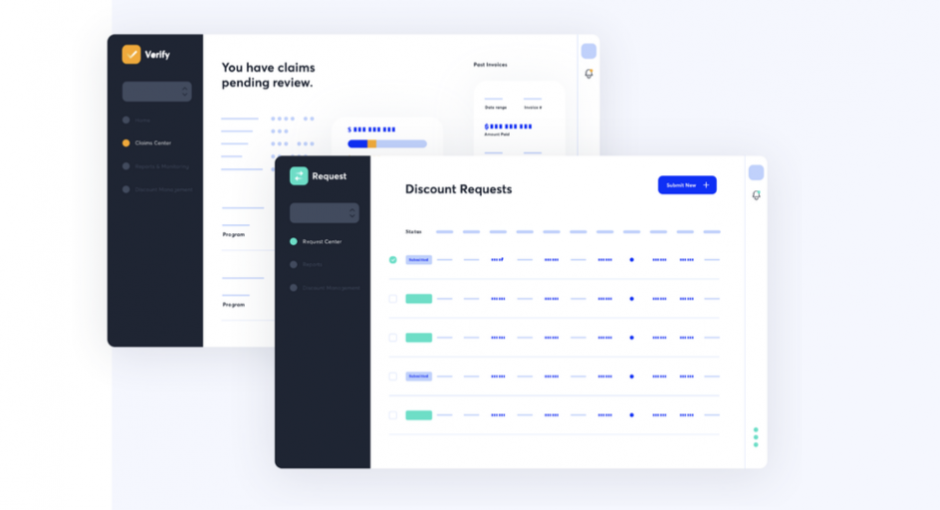The federal government told a judge in late December its appeal of her joint ruling in Novartis and United Therapeutics’ (UT) 340B contract pharmacy lawsuits justifies her pausing drug industry vendor Kalderos’ 340B contract pharmacy suit.
Kalderos told the judge she should deny the government’s request for a stay because it is unnecessary and premature. Kalderos said it will suffer harm if its case doesn’t proceed, whereas the government hasn’t shown clearly it will suffer hardship.
U.S. District Judge Dabney Friedrich of the District of Columbia is expected to rule on the government’s motion to pause Kalderos’ cases soon.
Kalderos offers a service called 340B Pay to let drug companies provide 340B pricing as a post-purchase rebate instead of as an up-front discount. Covered entities must give Kalderos 340B their claims data for review to get the rebates. Companies can use the data to deny 340B pricing on drug purchases on which they have paid Medicaid, Medicare Part D, and/or commercial rebates.
No drug companies are known to be using 340B Pay. In November, drug manufacturer Clovis Oncology reversed its decision to implement 340B Pay “at this time.”
Kalderos sued the government in October 2021. It is challenging the government’s position that manufacturers may not unilaterally impose conditions on 340B drug purchases. Several manufacturers that have imposed such conditions also are suing the government, including Novartis and United Therapeutics (UT). Friedrich is assigned to Kalderos, Novartis, and UT’s cases.
On Dec. 28, the government appealed Friedrich’s Nov. 5 joint ruling in Novartis and UT’s cases that the 340B statute doesn’t impose a blanket prohibition on all manufacturer conditions on 340B sales. Early last month the government asked Friedrich to stay proceedings in Kalderos’ case to give it time to decide whether to appeal her ruling in the Novartis and UT’s cases.
Kalderos on Dec. 22 and the government on Dec. 29 submitted their arguments to Friedrich on whether she should grant or deny the government’s request to pause Kalderos’ case.
Leave It Up to Appeals Court, Feds Say
The government argues that it has asked the Federal Circuit Court of Appeals for the District of Columbia in the Novartis and UT’s cases to decide the identical core issue that Kalderos is asking Friedrich to decide in its case—namely, whether the government has correctly determined that “that the 340B statute prohibits drug manufacturers from imposing restrictive conditions on covered entities’ access to 340B-priced drugs.”
“Because the D.C. Circuit’s decision in the Novartis–United Therapeutics appeal will have significant ramifications for [the Kalderos] case, and may provide a rule of decision, a stay of further proceedings is amply justified,” the government told Friedrich in its Dec. 29 filing.
Kalderos submitted its arguments against a stay of proceedings before the government announced that it was appealing Friedrich’s decision in the Novartis and UT cases. It might file a supplemental memo addressing what effect, if any, the government’s appeal in those two cases has on its case.


